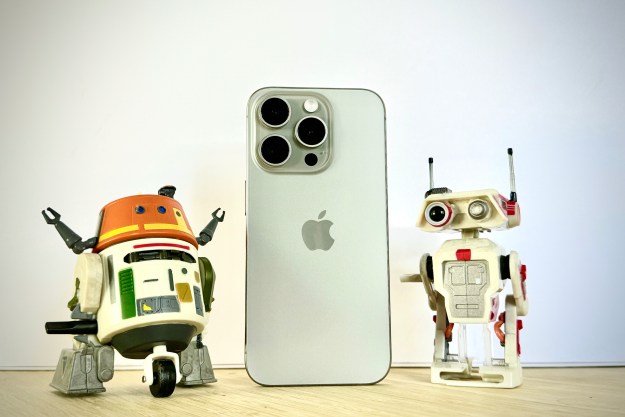
The patent doesn’t describe the device as a smartphone exactly, though the list of modules includes hardware to give the device the functionality of a phone, along with a speaker, microphone, touch display and GPS. Essentially, the device’s function depends on exactly what modules are used. Combining an internet module and a speaker module would turn the system into a radio for streaming music online, for example. The patent also suggests a few Alexa-like features and the group behind the development, Facebook’s Building 8, is believed to have a focus on camera and machine learning, according to Business Insider.
The patent is actually a result of the social media platform acquiring Nascent Objects in 2016, a startup that created modular gadgets — or at least the prototypes for one — using 3D printing. The patent names four Facebook employees that worked for Nascent Objects prior to the acquisition, now working inside Facebook’s Building 8 hardware development team.
While it is unclear if calling the device a “smartphone” is entirely accurate, the patent is not the first attempt at modular devices. Project Ara was a modular smartphone made by Google, but the development was eventually halted. Motorola’s Moto Z is modular, but unlike Ara and Facebook’s patent, the Moto Z looks like a typical
The main idea behind Facebook’s patent is to eliminate the waste and expense of replacing the device entirely, with the ability to replace individual components. “Typically, the hardware components included in the consumer electronics that are considered ‘outdated’ are still usable,” the patent says. “However, the hardware components can no longer be re-used since consumer electronics are designed as closed systems. From a consumer prospective, the life cycle of conventional consumer electronics is expensive and wasteful.”
Like all patents, the existence of the documentation does not mean that the tech will actually come to life, or even that Facebook is still continuing to develop the idea.




